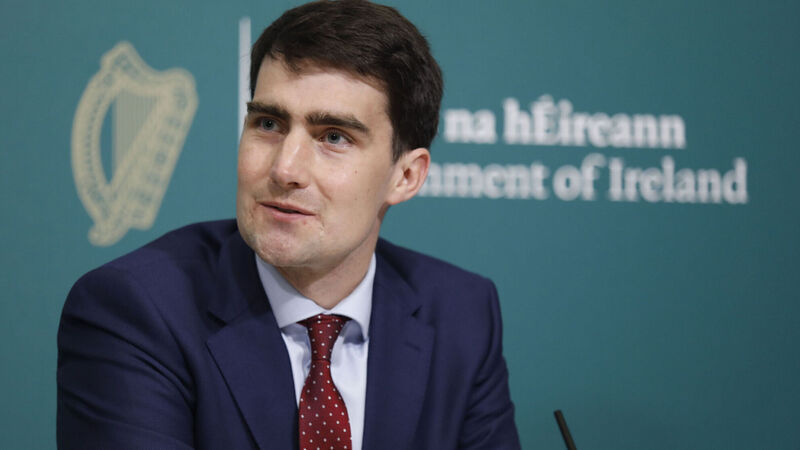David McNamara: Improving economic resilience should be a budget priority

Minister for Finance Jack Chambers will announce his first budget in October. Picture: Leon Farrell / Photocall Ireland
The recently released summer economic statement set the boundaries for the upcoming Irish Budget in October, with the Government announcing a planned budget day package of €8.3bn, 3% of gross national income (GNI*).
The majority, around €7bn, of this is for spending measures with the remainder of €1.4bn expected to fund income tax cuts.














